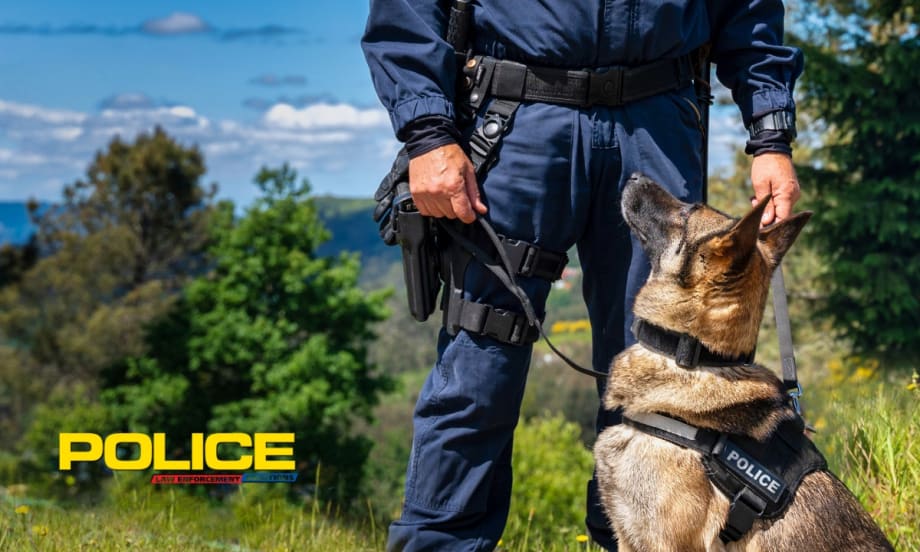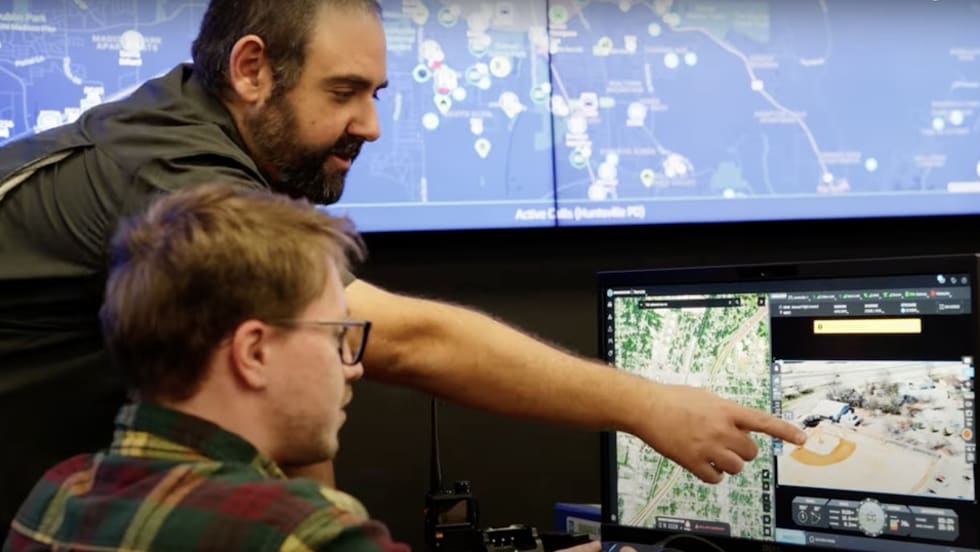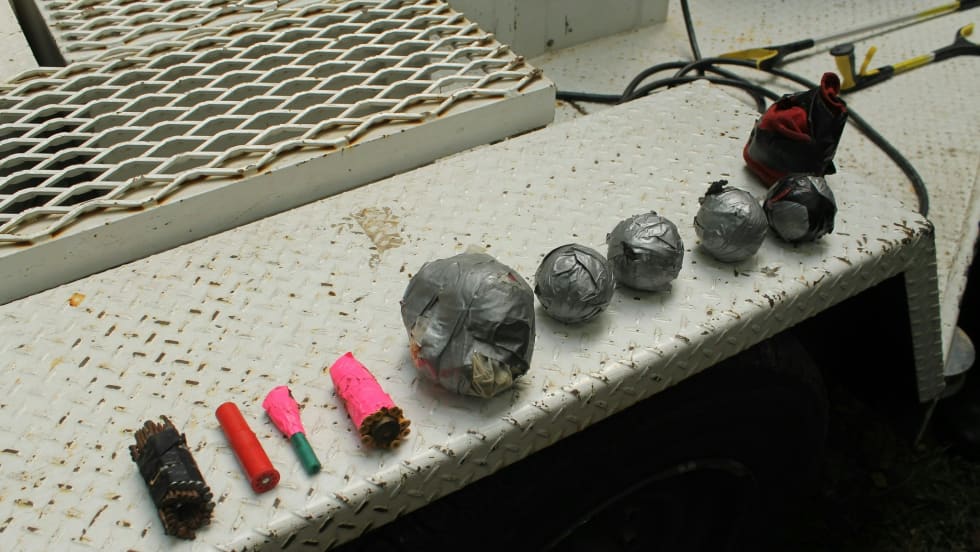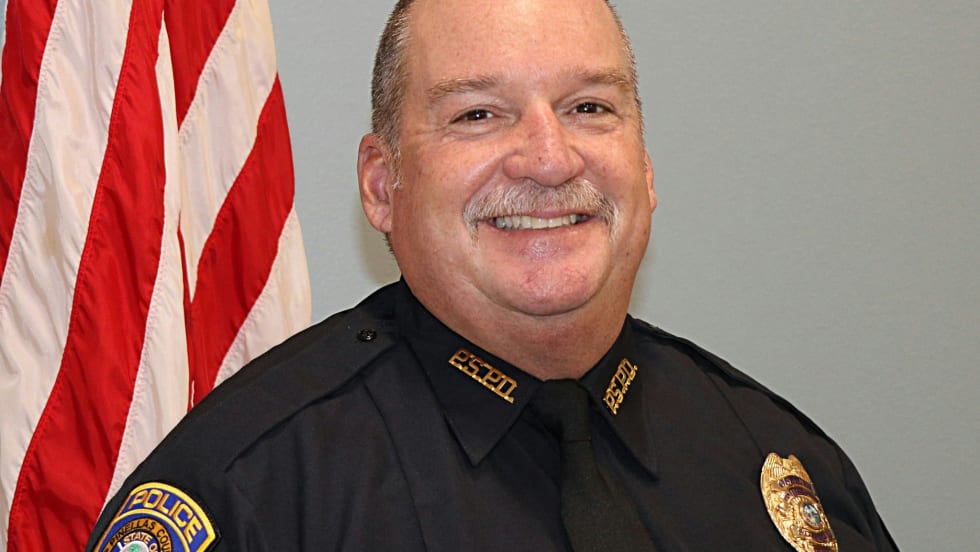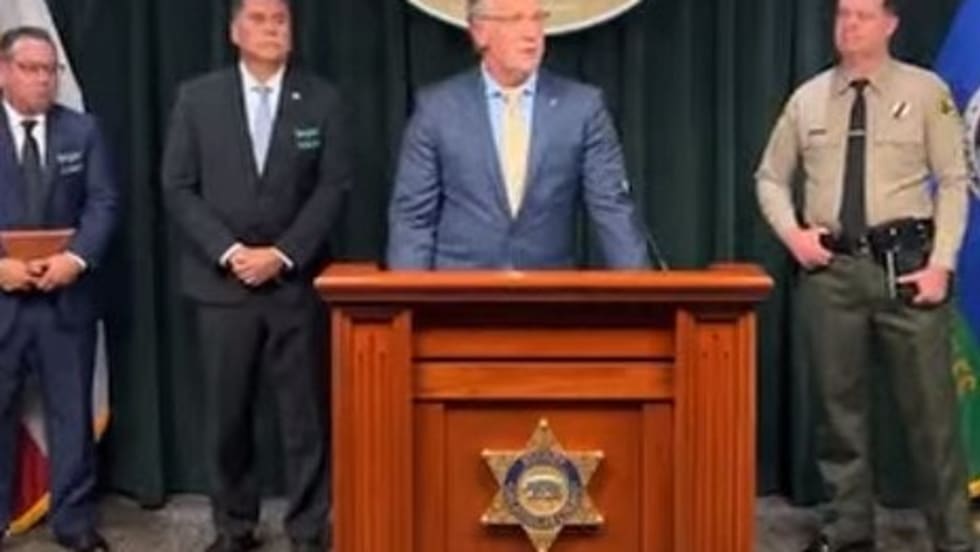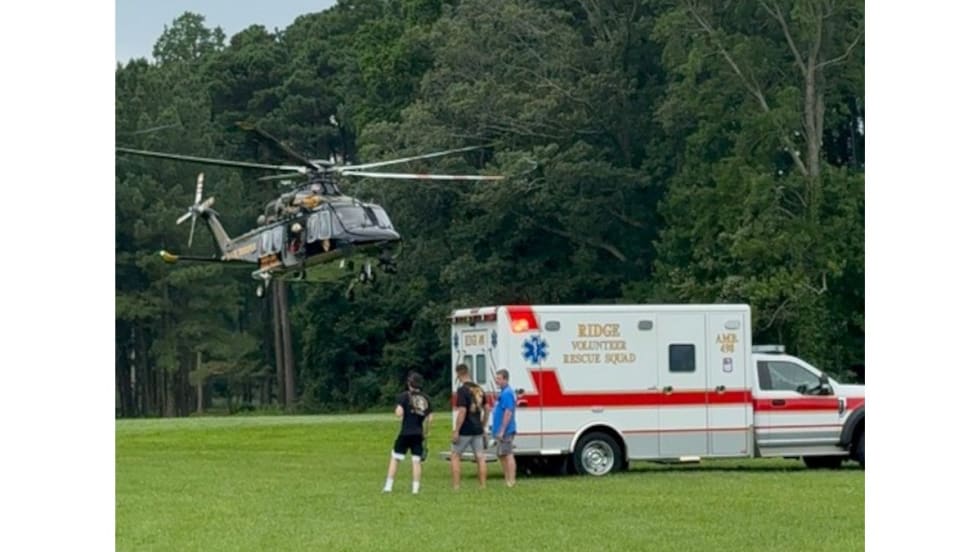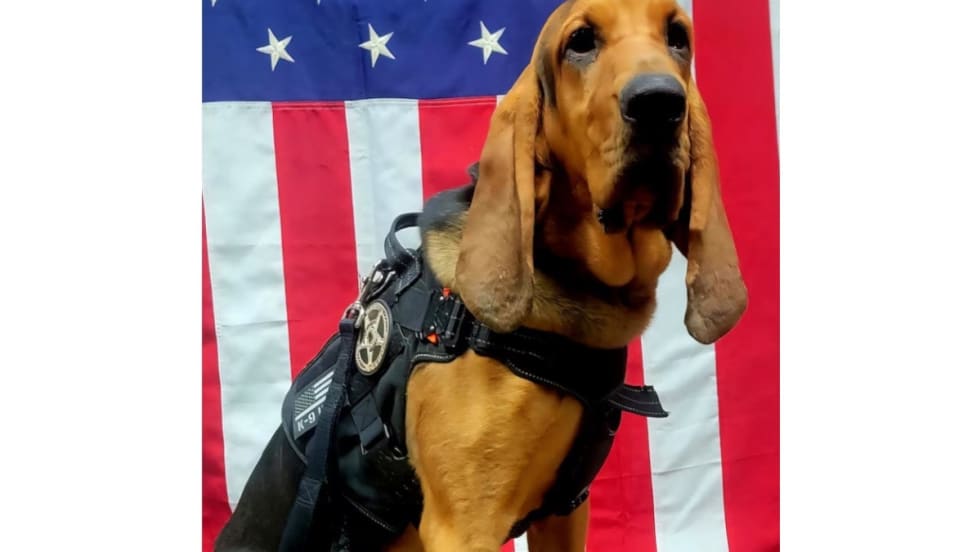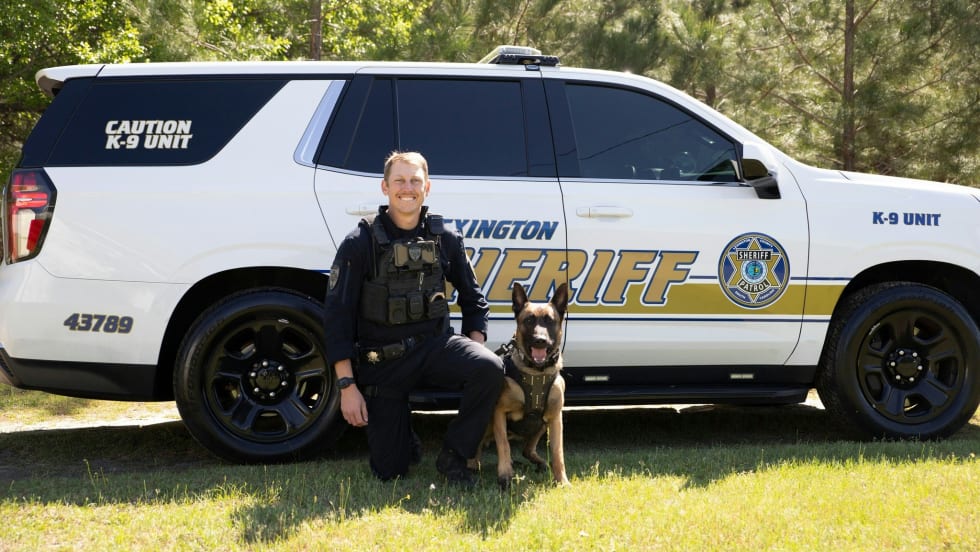Ensure safety, efficiency and long-term success with police K-9 teams by following these top Do’s and Don’ts.
Police K-9s specialized skills assist departments with drug detection, suspect tracking, and protection.
However, the success of these efforts depends on following best practices and proper handling. Here's a guide to the essential do's and don'ts for safe, efficient, and successful police K-9 operations.
Do's for Police K-9s
1. Provide Consistent Training. To maintain peak performance, police K-9s require continuous training on a wide range of tasks. Obedience training is an essential part of this preparation, according to Jerry Bradshaw, training director and president of Tarheel Canine Training.
“Obedience and command structures allow us to access and channel the dog’s natural drives for police work,” he says.
He explains a better term for obedience is “control,” as handlers must bring a dog from an energetic to a controlled state. For example, a dog eager to bark during a building search must be trained to internalize this drive until given the command.
The industry standard for canine maintenance training, recommended by the United States Police Canine Association (USPCA), and the North American Police Work Dog Association is a minimum of 16 hours per month, 4 hours per week, on average.
2. Use an E-collar. Proper use of an e-collar can produce reliable results. However, Daryl Gaunt, owner of Paraclete K-9, advises combining collar use and discipline with positive reinforcement to avoid e-collar misuse and achieve consistent outcomes.
3. Prioritize K-9 Health and Well-being. A K-9’s physical and mental health should be a priority. Regular check-ups, proper nutrition, exercise, and mental stimulation help a K-9 perform well under pressure.
Mathieu Glassman, a veterinary surgeon, stresses knowing how to care for an injured K-9 in the field is a must. He emphasizes that K-9s not receiving immediate care in the field are 3.55 times more likely to die when injured on duty.
Dr. Julie Hunt, a veterinarian from Embrace Pet Insurance also recommends carrying a first-aid kit with essential items like a muzzle, tourniquet, Narcan, and ReadyRESCUE in the patrol car.
4. Ensure Proper Gear and Equipment. Proper gear, such as sturdy leashes, harnesses, bite sleeves, and protective vests, is also essential. The right equipment helps maintain control and protects the K-9. Gear should be well-fitted and comfortable, ensuring safety during operations. Ballistic vests are a must for protecting K-9s in hazardous environments.
5. Protect K-9s from the Heat. Heat-related deaths can be prevented by equipping patrol vehicles with heat-sensing technology and alarms, says Officer Joe Lutkowski, who has spent the last 18 years of his career as a K-9 handler for the Pocono Mountain Regional Police Department in Pennsylvania. Though this technology provides some assurance, he says regular checks are also crucial. He recommends using Ace K-9 systems, which provides text alerts when temperatures rise, allowing handlers to act quickly.
6. Keep Great Records. Excellent record-keeping is a must for K-9 teams, especially in legal situations. Bob Eden, author of The K-9 Supervisors Manual, highlights that many agencies fail to document K-9 activities adequately, which can become problematic during lawsuits. A records management system designed for K-9s, along with proper training and supervisory oversight, is essential, he says.
7. Pick the Right Dog and Handler. Choose the right dog and pair it with a skilled handler, Eden advises. U.S. Army Veteran Stephen Scott recommends testing dogs’ temperaments and drive to assess suitability for police work. Eden also emphasizes finding a handler with a strong work ethic, excellent track record, and animal handling skills.
Don’ts for Police K-9s
1. Don’t Overlook Early Training and Socialization. Proper early training and socialization are essential for a K-9’s success. Exposure to various environments and situations as a puppy helps dogs build confidence for future roles. Lt. William Wozniak, a K-9 trainer for the Dothan Police Department, hosts a yearly seminar to expose dogs to realistic situations. He says if you don’t expose dogs early to things they will encounter on the street, they will fail 99% of the time. “Expose police dogs to everything you can think of to make them stronger on the street, because if you don't expose them to certain things, they will fail,” he says.
2. Don’t Ignore Signs of Stress or Anxiety. Signs of stress, such as excessive barking, rapid breathing or drooling, should not be ignored, according to Hunt. Signs that signal a need for rest are a lack of energy or fatigue, decreased performance, failure to follow commands, unexplained aggression or irritability. Hunt says these signs show a K-9 needs rest, veterinary treatment, or reassessment.
3. Don’t Push the K-9 Beyond Their Limits. Overworking a police K-9 can lead to exhaustion or injury. Handlers should know their K-9's limits and adjust the work schedule accordingly.
4. Don’t Allow Inconsistent Handling. Consistency is key in K-9 handling. Inconsistent approaches from different handlers can confuse the dog and interfere with training. The best approach is to have a single handler for every police K-9, Eden says.
5. Don’t Use Harsh Punishment. Harsh punishment can damage the bond between a K-9 and their handler, eroding trust. Positive reinforcement should be used as much as possible, using rewards the dog wants. “A reward is only a reward if the dog sees it as one,” Bradshaw explains. “It has to be something they want.”
Initially, food is often used as a reward because it helps dogs relax, making it easier to train them in basic obedience. Later, officers can introduce higher-value rewards, like tugs or balls, which help the dog learn to control their drives, he says.
6. Don’t Allow K-9s to Work in Unsafe Conditions. K-9s should never work in dangerous environments without proper protective measures. Safety must always come first, and K-9s should be removed from risky situations when necessary. Organizations like Brady’s K-9 Fund will provide bullet- and stab-resistant vests to protect working dogs. Some agencies are also deploying robotic K-9s, such as in dangerous situations to keep police dogs and officers out of harm’s way.
7. Be Ready to Retire. K-9s have a limited working life. Agencies must ensure that when a K-9 reaches retirement age or experiences physical or mental strain, they are transitioned out of active duty to avoid health issues or decreased performance. This requires some preparation, including transfer of ownership. A simple bill of sale showing that the handler paid the agency a nominal fee like $1 proves transfer of ownership. Ongoing veterinary expenses, liability and insurance, and at-home care are also issues that must be hammered out before a dog retires.
Takeaways
A successful police K-9 team is built on trust, respect, and mutual understanding. By following these do's and don'ts, law enforcement agencies can ensure their K-9 units remain effective, safe, and healthy.



